Nutrition & Recovery
10k Training: The Role of Sleep & Recovery in Training
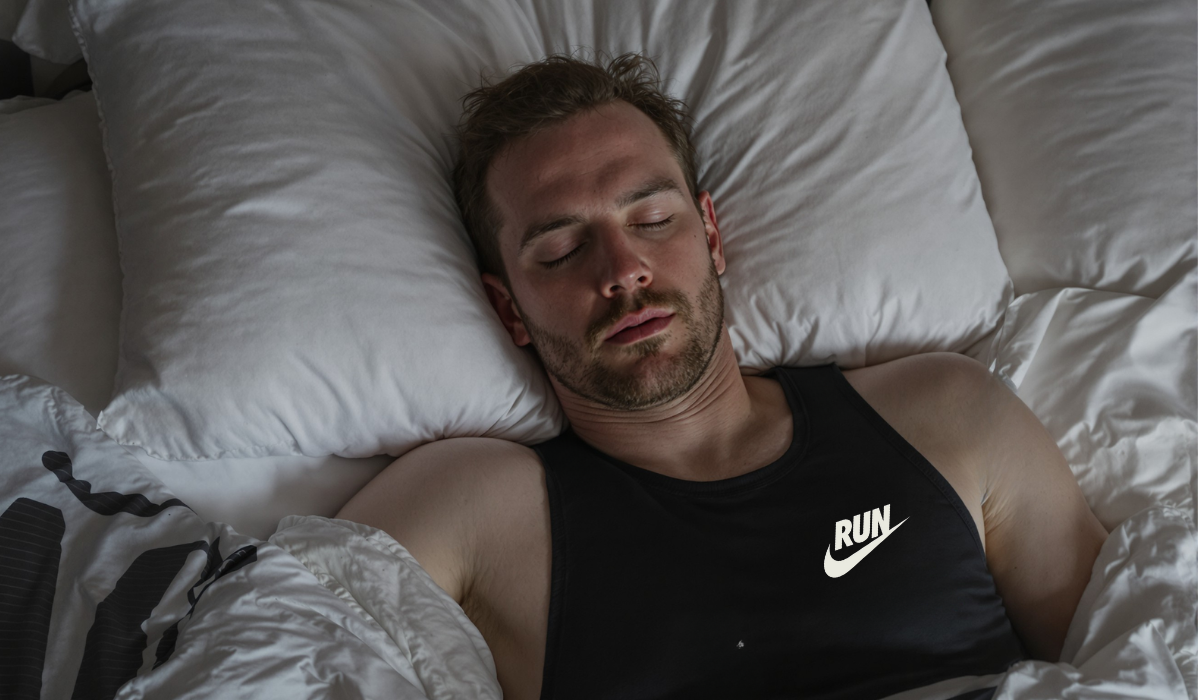
Newsflash! One of the best things you can do for your running involves absolutely no effort whatsoever.
That’s right, sleep and recovery are just as important as training. Because let’s be honest, if running fast was just about running more, Mo Farah would be out there doing laps 24/7 instead of, you know, going to bed like a normal human.
So, how much rest do you really need? How does sleep make you a better runner? And what counts as “active recovery” (besides walking to the fridge and calling it cross-training), let’s get into it.
How Much Rest Do You Really Need? (Or: When to Train & When to Stop Being a Hero)
Some people think rest is for the weak. These people are usually:
❌ Injured
❌ Perpetually exhausted
❌ The type of runner who insists, "I never take a day off!" (before inevitably disappearing from Strava with a stress fracture).
Training Hard? Then You Need Rest.
- After a tough workout, your muscles need time to repair, otherwise, you’re just running yourself into the ground.
- Your body gets stronger while you rest, not while you train. (Yes, that’s right: doing nothing is actually productive. Tell your boss.)
- If you feel sore, sluggish, or like you hate running, you probably need a proper rest day, not just “a light jog” that turns into a race against strangers in the park.
✔ Minimum Recovery Guidelines
- 1 full rest day per week. No running. No guilt. Just vibes.
- Easy days between hard sessions. (Yes, that means actually running easy, not pretending to while secretly speeding up every time someone overtakes you.)
- Listen to your body. If everything hurts, take a break. If everything hurts all the time, maybe reconsider your life choices.
Pro Tip: If you think you need a rest day, you definitely do. If you don’t think you need a rest day, you probably do.
The Importance of Sleep for Performance (Or: Why Olympians Aren’t Pulling All-Nighters)
Imagine running a 10K after three hours of sleep. Sounds horrific, right? That’s because sleep is free performance-enhancing magic, and if you’re not getting enough, you’re basically sabotaging yourself.
What Sleep Does for Runners:
✔ Repairs muscles (so you don’t wake up feeling like you’ve been hit by a bus).
✔ Replenishes energy (so you can actually move instead of shuffling around like a zombie).
✔ Improves coordination (so you’re less likely to trip over your own feet like an idiot).
✔ Boosts mental focus (so you don’t forget to start your watch and ruin your Strava stats).
How Much Sleep Do You Need?
- 7-9 hours per night. (No, “I get by on 5” doesn’t count. That’s called sleep deprivation.)
- Even more after hard training. (You know you’re serious when you start prioritising bedtime over Netflix.)
- If you’re struggling, naps are allowed. (Yes, naps are now officially training. Enjoy.)
Pro Tip: The best runners treat sleep like training, because it literally makes you faster. (And because falling asleep at your desk isn’t a great look.)
Active Recovery: Because "Rest" Doesn’t Mean Becoming a Couch Goblin
Some runners struggle with taking a full day off. If that’s you (or if you just enjoy feeling superior to everyone else at yoga), then active recovery is your friend.
🚶♂️ Best Active Recovery Options for Runners:
✔ Walking – Low impact, keeps the legs moving, plus you get to judge other runners struggling while you chill.
✔ Cycling – Great for keeping up fitness without the impact (and for wearing questionable amounts of Lycra).
✔ Swimming – Zero impact, full-body workout, plus you get to feel like an actual Olympian for 30 minutes.
✔ Yoga – Good for flexibility, balance, and proving that runners are, in fact, the least bendy athletes on the planet.
What Counts as "Active Recovery" (And What Doesn't)?
✔ A gentle stretch session = Yes.
✔ A slow 20-minute jog = Maybe. (If it actually stays slow, and not "slow until I see another runner, then suddenly it’s race mode.")
✔ A 15-mile tempo run because you felt guilty about resting = Absolutely not.
Pro Tip: If "recovery" leaves you sweating buckets, you’re doing it wrong. Try again.
Final Thought: Sleep More, Rest Smarter, Run Better
If you:
✅ Take proper rest days,
✅ Get enough sleep to function like a human,
✅ Actually recover instead of pretending you’re invincible,
…you’ll be faster, stronger, and less likely to fall apart before race day.
Or, you can ignore all this advice, train like a lunatic, sleep four hours a night, and see what happens. (Spoiler: It won’t end well.)
See you next Monday for "Race Week Preparation: Tapering & Final Training Tips" or as I like to call it, "How to Sit on Your Arse and Magically Get Faster."

The Amount of Protein Runners Really Need Will Blow Your Mind
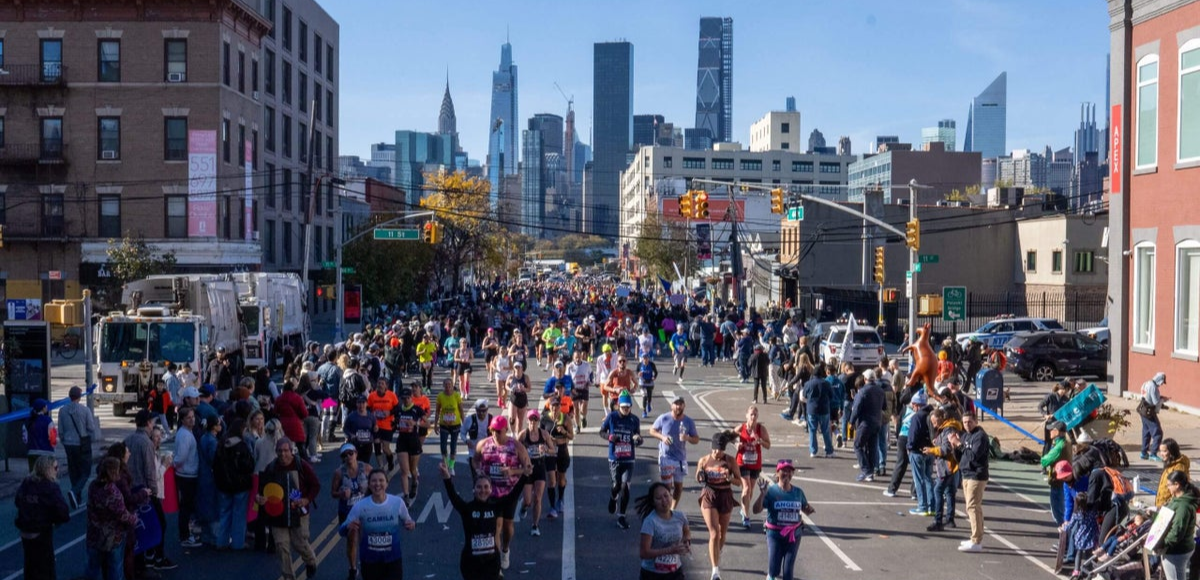
Last Chance: 2026 New York City Marathon Ballot Closes Tomorrow
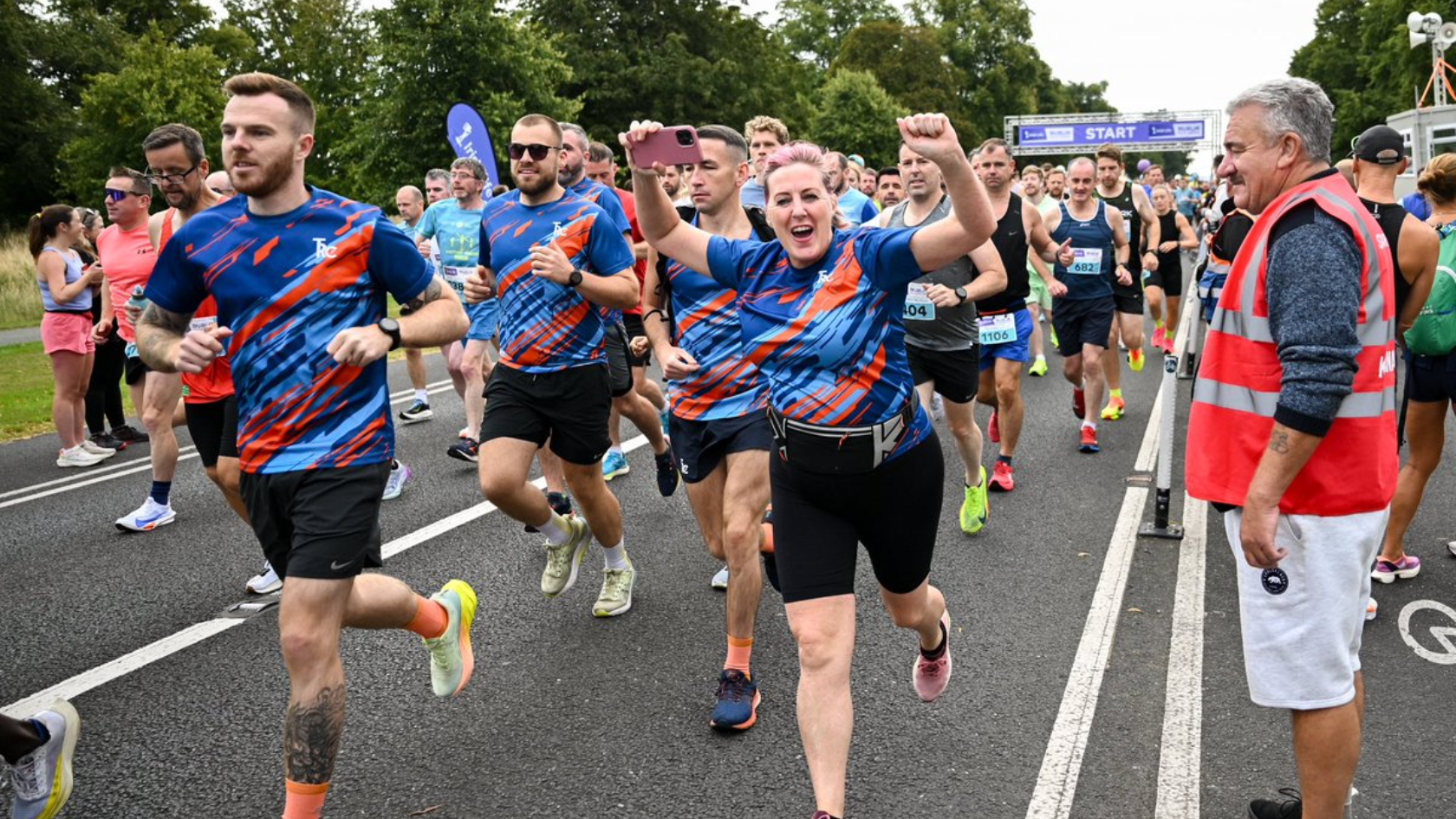
2026 Dublin Marathon Races Series Now Open for Entries
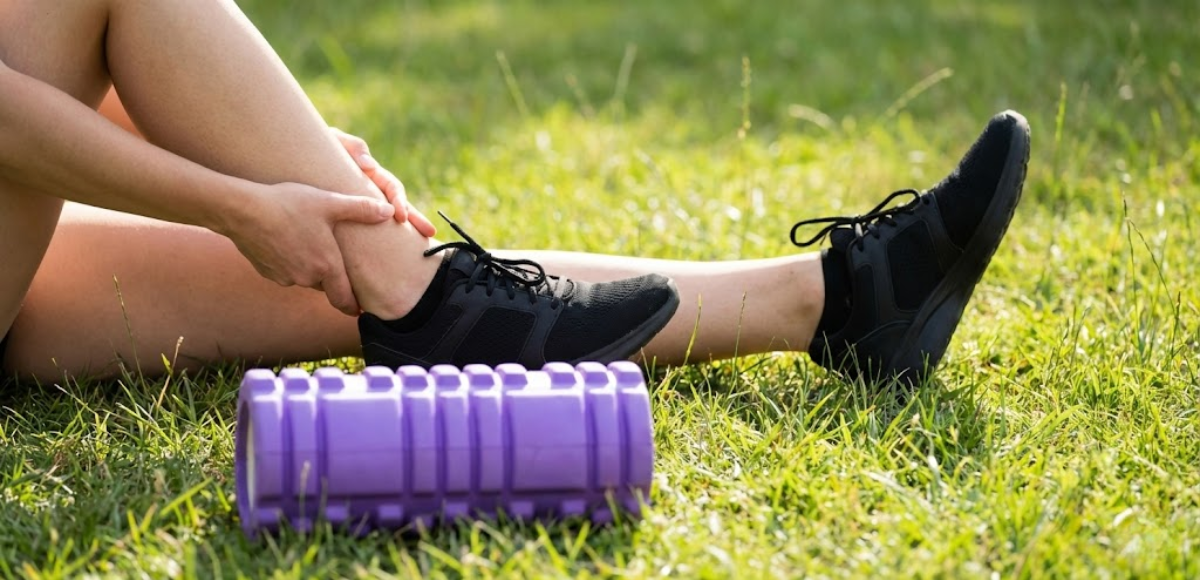
Rest Days Aren’t Optional, Here’s Why

How to Irish Athletes in Action in Spain this Evening
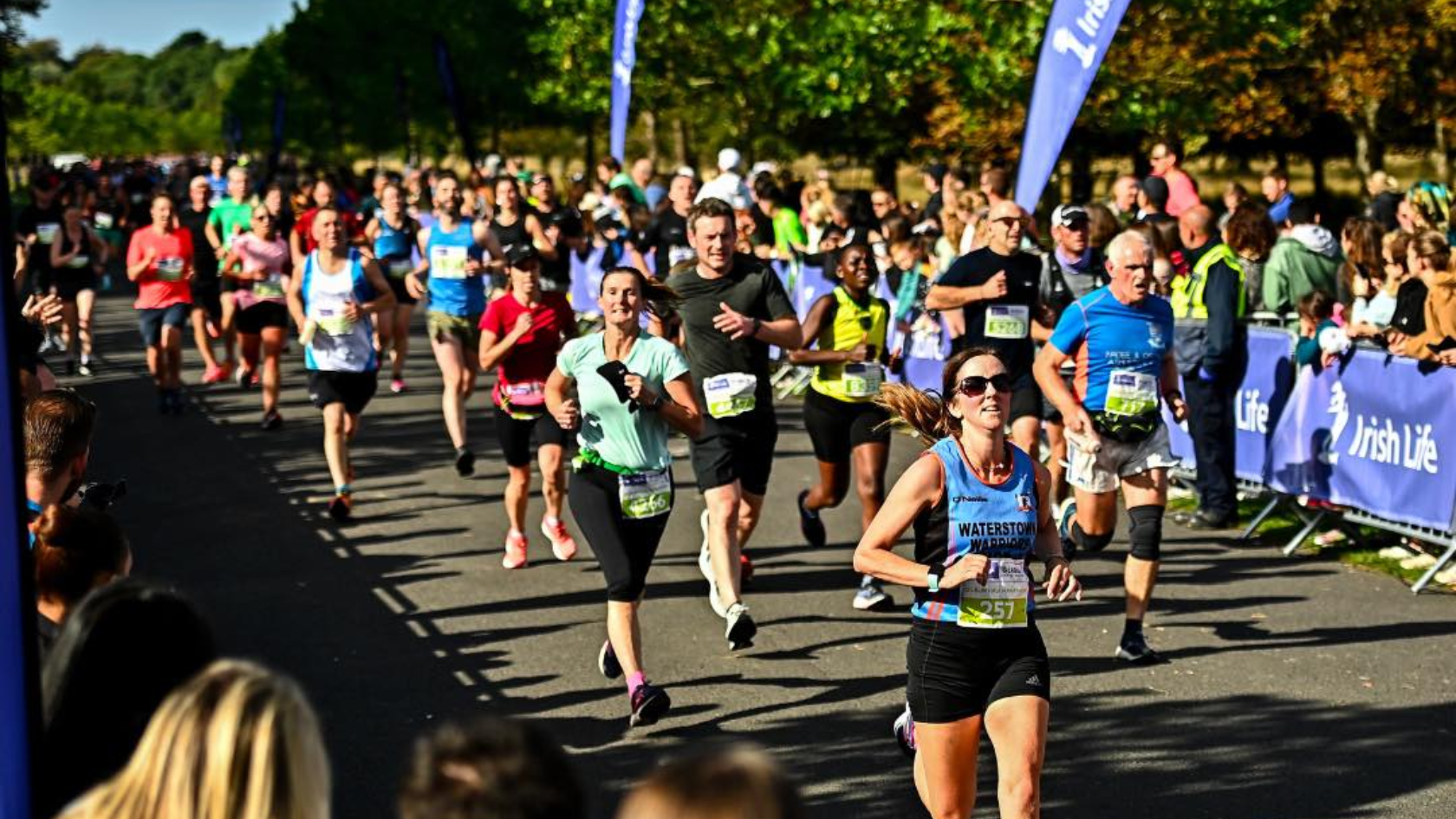
Everything You Need To Know About The Frank Duffy 10 Mile
